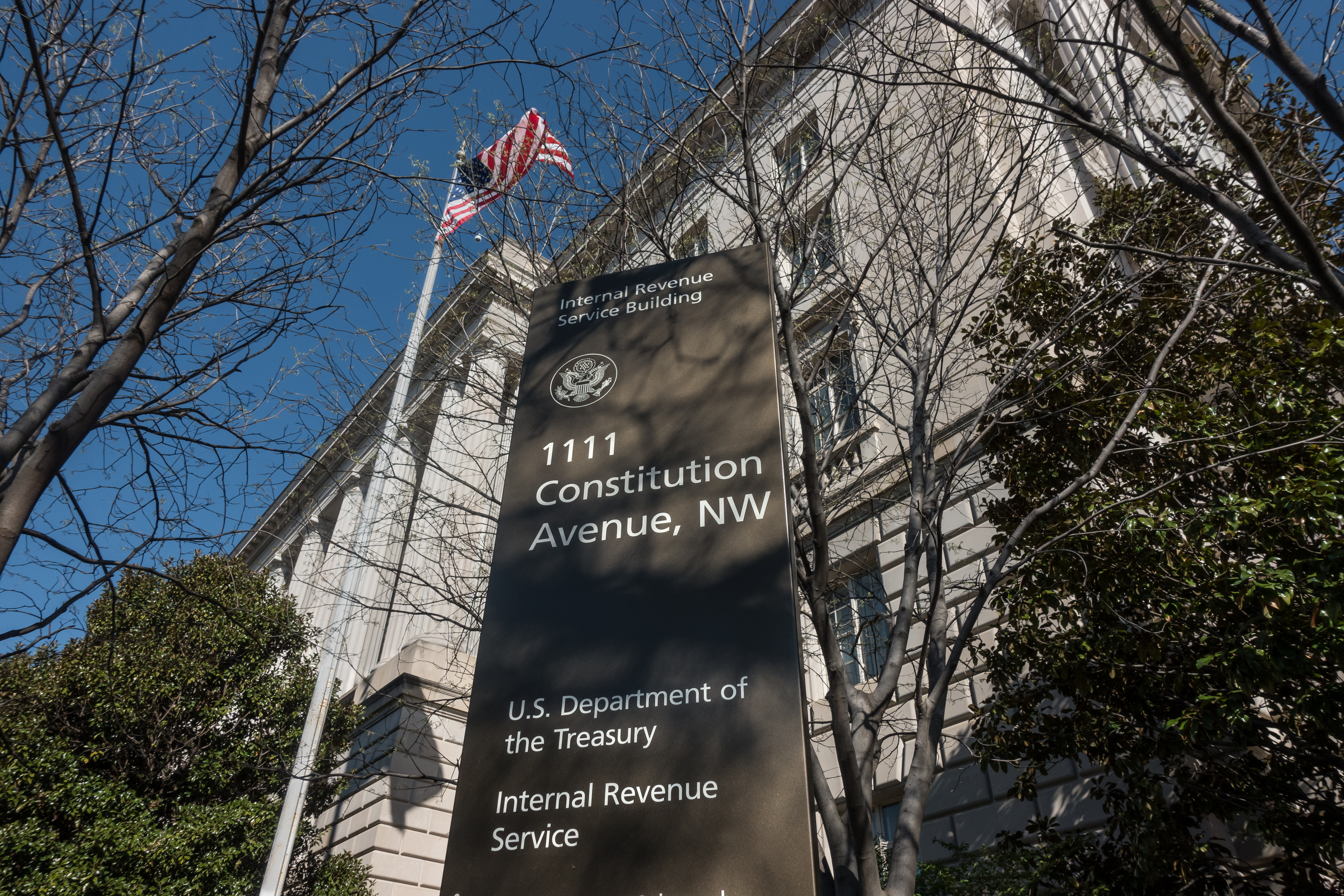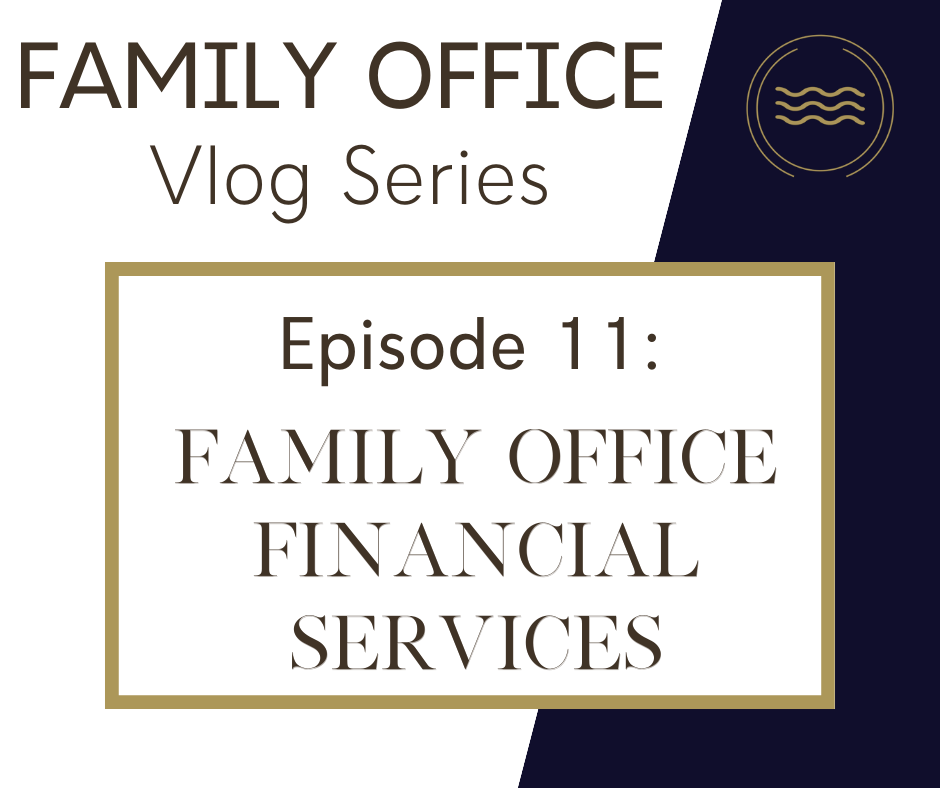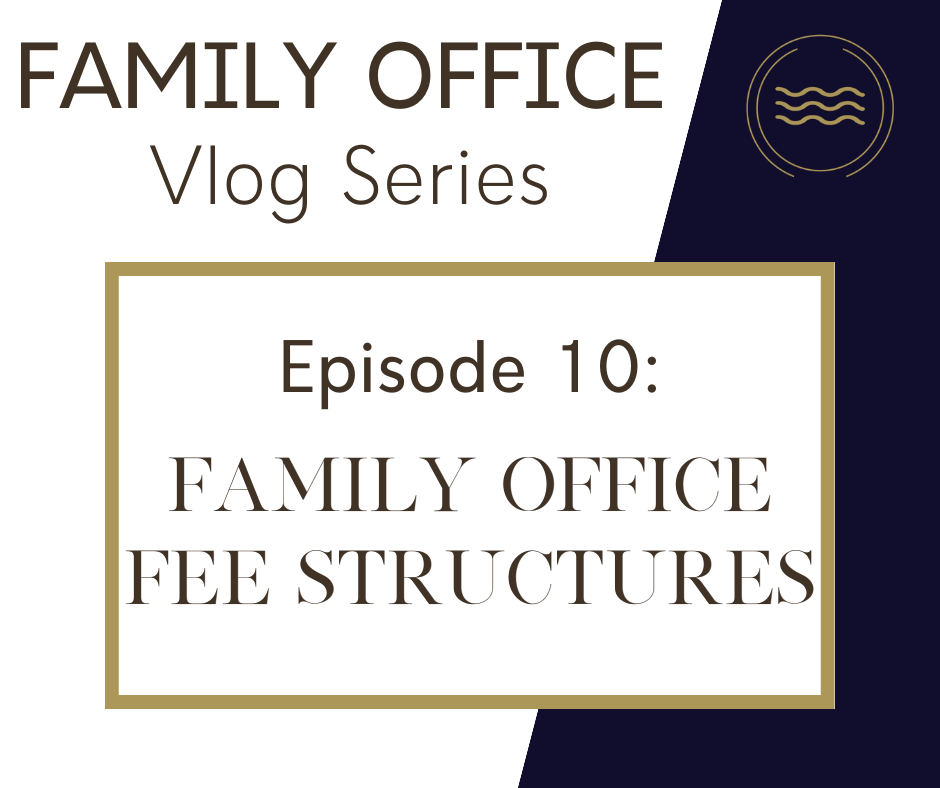
What is the New Voluntary Disclosure Program?
The IRS released a memorandum containing procedures for the Updated Voluntary Disclosure Practice (UVDP) on November 29, 2018. Similar to the OVDP, the UVDP provides taxpayers concerned that their conduct is wilful with a program to make voluntary disclosures and avoid criminal prosecution. The UVDP allows the voluntary disclosures for both domestic and offshore disclosures, whereas the OVDP provided for offshore disclosures only.
There are some significant differences between the UVDP and the OVDP. Importantly, the memorandum procedures allow for significant discretion to the IRS case agent with respect to penalties, so those with significant penalty exposure should consider a timely voluntary disclosure to mitigate potential penalties. The memorandum specifically states “Proper penalty consideration is important in these cases. A timely voluntary disclosure may mitigate exposure to civil penalties. Civil penalty mitigation occurs by focusing on a specific disclosure period and the application of examiner discretion based on all relevant facts and circumstances including prompt and full cooperation during the civil examination of a voluntary disclosure.”
The memorandum steps out the procedural framework of the program summarized as follows:
- All taxpayers seeking to enter the program must first seek pre-clearance from IRS Criminal Investigations (CI). A pre-clearance request is made using IRS Form 14457 which will serve as the basis for determining eligibility.
- Once pre-clearance has been granted the taxpayer must submit and disclose all required information to CI relating to non-compliance. The information must be accompanied by a comprehensive narrative of the facts and circumstances, assets, entities, related parties and also professional advisors involved.
- Preliminary acceptance is then provided by CI and CI will forward all information to the IRS’s Large Business and International division (LB&I) for preparation.
- LB&I will route the case for assignment and examination.
- The relevant IRS Business Operating Division will take the assignment and will follow standard examination procedures. On the assumption the taxpayer fully cooperates, the voluntary disclosure will be resolved by agreement and payment of full taxes, interest and penalties associated with the disclosure period.
- Taxpayers that disagree with the assessment of the exam retain the right to go to appeal.
What next?
The introduction of the UVDP provides a welcomed avenue for compliance in circumstances where the fact and circumstances of a particular taxpayer may be complex and determining willfulness is not straightforward.
Determination as to whether a taxpayer should file under the streamline procedures or the UVDP is an extremely important assessment and should be undertaken by an experienced international tax attorney. The professional fees, penalties and exposure to potential criminal liability of getting the application wrong far outweigh the cost of an initial assessment by an experienced advisor. An initial assessment should be undertaken to take a deep dive into a taxpayer’s particular fact pattern and circumstances to determine their eligibility to the various programs assist with the compliance.




